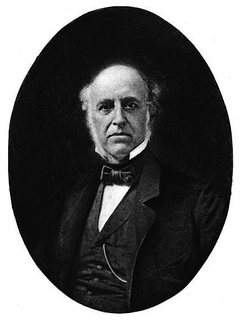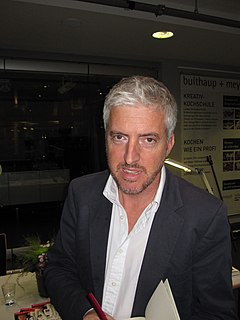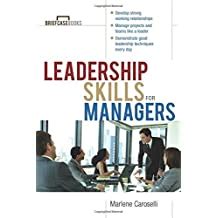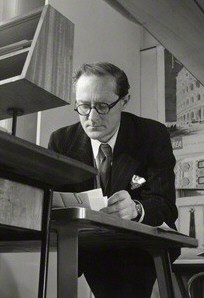A Quote by Thomas Bulfinch
Without a knowledge of mythology much of the elegant literature of our own language cannot be understood and appreciated.
Quote Topics
Related Quotes
What a lost person needs is a map of the territory, with his own position marked on it so he can see where he is in relation to everything else. Literature is not only a mirror; it is also a map, a geography of the mind. Our literature is one such map, if we can learn to read it as our literature, as the product of who and where we have been. We need such a map desperately, we need to know about here, because here is where we live. For the members of a country or a culture, shared knowledge of their place, their here, is not a luxury but a necessity. Without that knowledge we will not survive.
Everyone recognizes a distinction between knowledge and wisdom. . . Wisdom is a kind of knowledge. It is knowledge of the nature, career, and consequences of human values. Since these cannot be separated from the human organism and the social scene, the moral ways of man cannot be understood without knowledge of the ways of things and institutions.
There is no doubt about it: we are judged by our language as much as (perhaps more than) we are judged by our appearance, our choice of associates, our behavior. Language communicates so much more than ideas; it reveals our intelligence, our knowledge of a topic, our creativity, our ability to think, our self-confidence, et cetera.
There is no enemy can hurt us but by our own hands. Satan could not hurt us, if our own corruption betrayed us not. Afflictions cannot hurt us without our own impatience. Temptations cannot hurt us, without our own yieldance. Death could not hurt us, without the sting of our own sins. Sins could not hurt us, without our own impenitence.
You have a lot to learn, young man. Philosophy. Theology. Literature. Poetry. Drama. History. Archeology. Anthropology. Mythology. Music. These are your tools as much as brush and pigment. You cannot be an artist until you are civilized. You cannot be civilized until you learn. To be civilized is to know where you belong in the continuum of our art and your world. To surmount the past, you must know the past.
The story of my grandmother is that of a French woman from the provinces who through her perseverance and thirst for knowledge worked her way up to become the head of a school. She belonged to a generation that didn't travel much. But she believed in Europe and she wanted Europe. And she read a lot - she knew mythology, literature and the classics very well. She passed that on to me, along with the conviction that you can earn your own position in society.






































